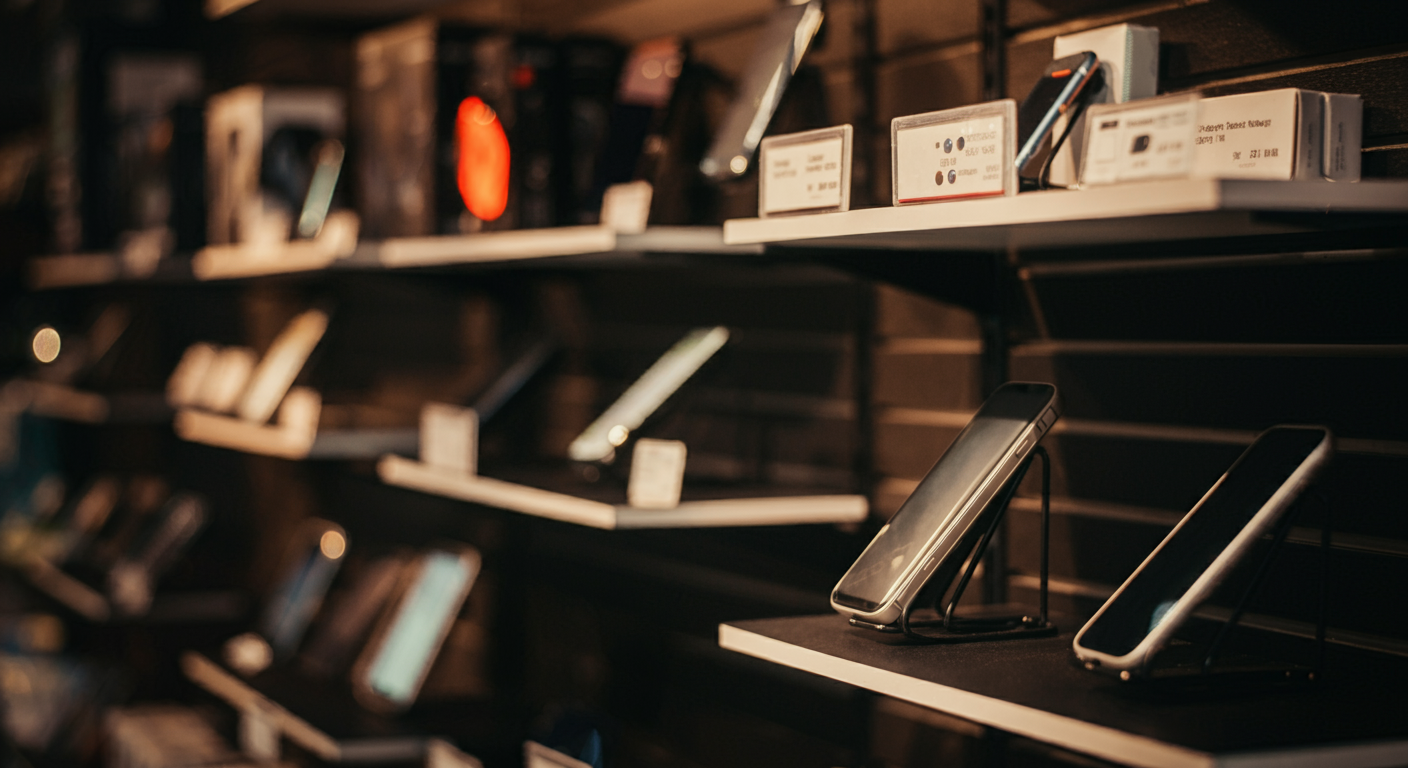During the hot summer months, air conditioners are essential for keeping cool. However, some homeowners notice that their AC units aren’t performing as efficiently as expected. If your air conditioner isn’t cooling your home as well as it should, it could be due to various factors. Here’s a guide to help troubleshoot common issues and improve the performance of your air conditioning system.
1. Is the AC Unit Sized Correctly for Your Home?
One of the first things to consider is whether your air conditioner is the right size for your home. If your unit is too small, it won’t be able to cool your home effectively, especially during a heatwave. On the other hand, an oversized AC unit can lead to inefficient cooling and increased energy costs.
If you’re unsure about the size of your AC, it’s worth having a professional technician assess your system to ensure it’s properly sized for your space.
2. Poor Installation or Maintenance
Another common reason your AC might not be cooling properly is poor installation or lack of regular maintenance. When an air conditioning unit is not installed correctly, it may not cool your home efficiently. For example, improperly sealed ducts or incorrect airflow can make your AC work harder without achieving the desired cooling effect.
Regular maintenance, such as cleaning filters and checking refrigerant levels, is crucial for maintaining peak performance. A technician can also inspect the system for any issues that might be affecting its efficiency.
3. Ductwork and Insulation Issues
In many cases, the problem may not lie with the air conditioner itself but with the home’s ductwork and insulation. Leaky ducts or poorly insulated walls can allow cool air to escape, reducing the overall effectiveness of your AC. This can also lead to higher energy bills as the system works harder to cool your home.
Inspecting and repairing any leaks in your ductwork, along with ensuring your home is properly insulated, can greatly improve the performance of your AC system.
4. Dirty Filters or Coils
Clogged filters are a common culprit when it comes to poor cooling performance. When filters become clogged with dust and debris, airflow is restricted, and the system can’t effectively cool the air. Similarly, dirty evaporator or condenser coils can reduce heat transfer, causing your AC to lose cooling efficiency.
Make sure to clean or replace your AC filters regularly. If the coils are dirty, it may be time to call a professional for a thorough cleaning.
5. Possible System Malfunctions
If your air conditioner is still underperforming despite addressing the factors above, there could be an issue with the system itself. Common malfunctions include refrigerant leaks, faulty thermostats, or broken compressors. These issues can significantly impact the cooling ability of your AC.
For more serious issues, it’s best to contact a licensed HVAC technician to diagnose and repair the system. Avoid attempting to fix the issue yourself, as handling refrigerants and electrical components can be dangerous.
6. Conclusion: Troubleshoot and Improve Your AC Efficiency
In summary, if your air conditioner isn’t cooling effectively, it’s important to first check the size and installation of your unit, clean or replace filters regularly, and ensure your ductwork and insulation are in good condition. Regular maintenance and addressing any malfunctions promptly can also help improve performance.
By following these tips, you can ensure that your AC runs efficiently and provides the cooling relief you need during the summer months.


コメント